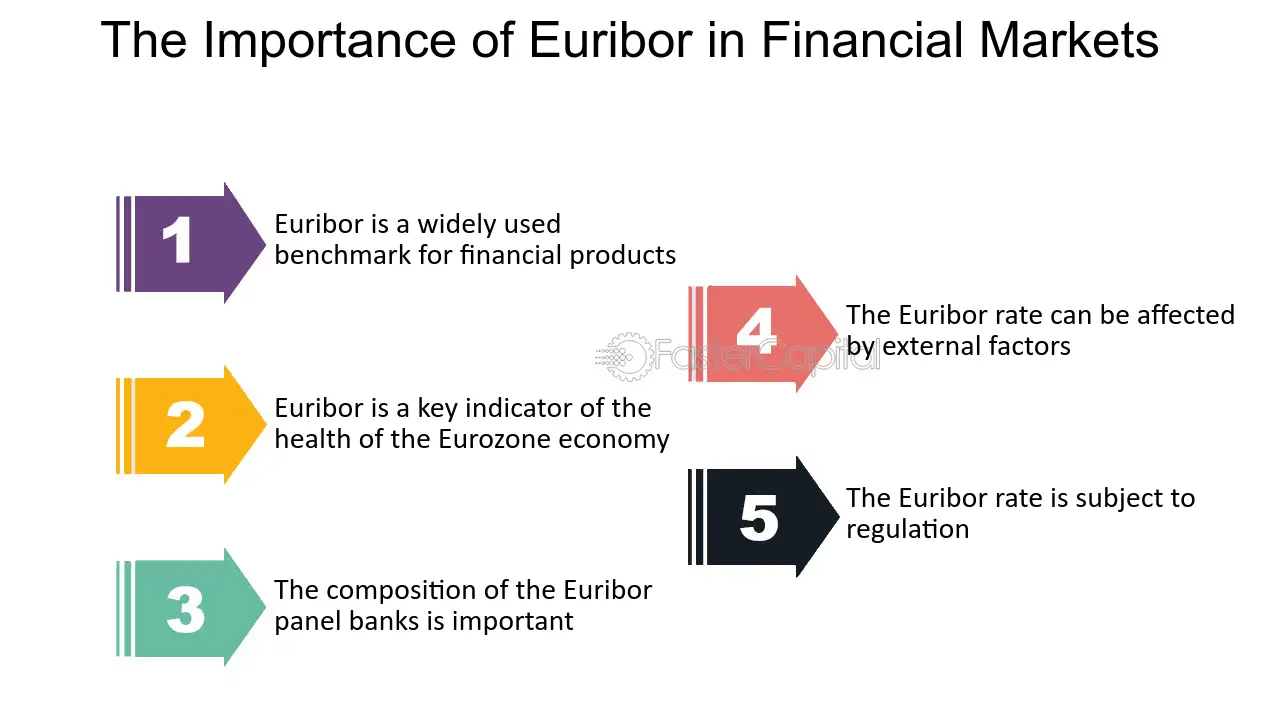The Benefits of Using HDPE Welding Rods for Plastic Welding

Plastic welding is an essential process that helps join different plastic parts. It is used in several industries, including automotive, construction, and manufacturing. One of the most critical components of plastic welding is the welding rod. The choice of the welding rod can significantly impact the welding quality. This is why HDPE welding rods are preferred in many plastic welding applications.
HDPE plastic welding rods are made from high-density polyethylene, a thermoplastic material that is highly resistant to wear and tear. It is also chemically resistant and has excellent weather ability, making it an ideal choice for outdoor applications. HDPE welding rods are available in different sizes, including the 5mm HDPE welding rod, which is commonly used in plastic welding applications.
There are several benefits of using HDPE welding rods for plastic welding. Here are some of the advantages of using HDPE plastic welding rods:
Excellent Strength and Durability
HDPE welding rods are known for their excellent strength and durability. When used in plastic welding applications, they create strong and reliable bonds that withstand harsh environmental conditions. This is why they are ideal for applications requiring high strength and durability. Such industries include the automotive and construction industries.
Easy to Weld
HDPE welding rods are easy to weld and melt at a suitable temperature for most plastic welding applications. This makes them an excellent choice for both experienced and inexperienced welders. Also, HDPE welding rods have a low friction coefficient, making them easy to feed through the welding gun.
Cost-Effective
Compared to other plastic welding rods such as PVC and PP, these are cost-effective. They are readily available, and their low cost makes them an ideal choice for small and large-scale plastic welding applications.
Chemical Resistance
HDPE welding rods are highly resistant to chemicals, which makes them great for use in applications that require chemical resistance. This includes chemical tanks, pipes, and fittings used in chemical processing plants.
Why is Quality Assurance in HDPE Plastic Welding Important?
While HDPE welding rods have several benefits, ensuring the welding process is done correctly is essential to ensure the final product is high quality. Quality assurance is critical in plastic welding because it ensures the final product meets the required standards and specifications.
Here are some of the reasons why quality assurance is essential in HDPE plastic welding:
Ensures Consistency
Quality assurance ensures that the plastic welding process is consistent, resulting in reliable products. This is critical in industries where consistency is essential.
Prevents Failures
Quality assurance helps prevent welding failures that can result in accidents or product recalls. By following the required standards and specifications, quality assurance ensures that the final product is safe and reliable.
Reduces Costs
Quality assurance helps reduce product recalls and repair costs by preventing welding failures. This can save companies a lot of money in the long run.
Improves Customer Satisfaction
Quality assurance ensures that the final product meets the required standards and specifications, which improves customer satisfaction. This is critical in industries where customer satisfaction is essential, such as construction.
Read More – Tool for Pipe Beveling in Modern Day Industries
It is essential to ensure that the welding process is done correctly to ensure the final product is high quality. Quality assurance is critical in HDPE plastic welding. It ensures that the final product meets the required standards and specifications.


